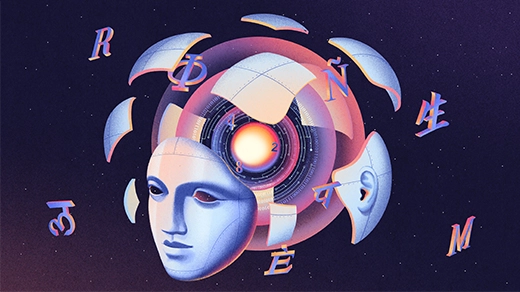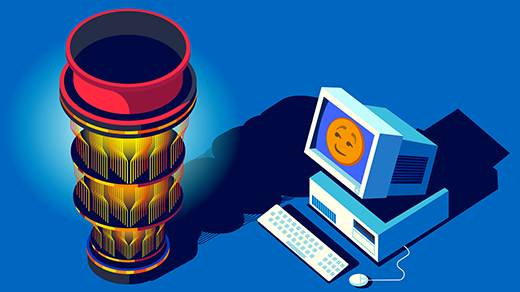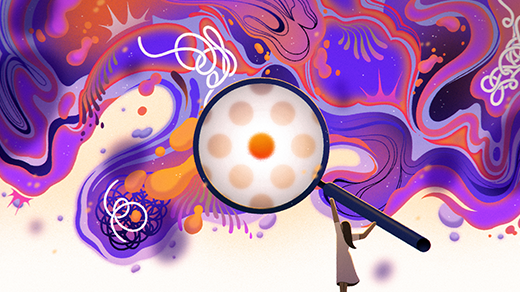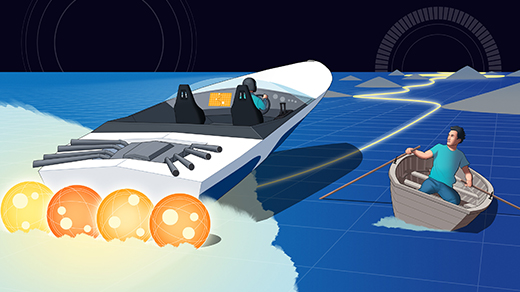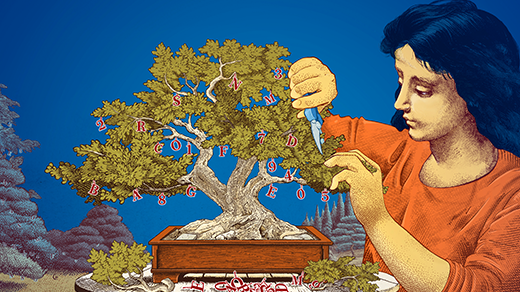What's up in
Computer Science
Latest Articles
Improving Deep Learning With a Little Help From Physics
Rose Yu has a plan for how to make AI better, faster and smarter — and it’s already yielding results.
To Make Language Models Work Better, Researchers Sidestep Language
We insist that large language models repeatedly translate their mathematical processes into words. There may be a better way.
How a Problem About Pigeons Powers Complexity Theory
When pigeons outnumber pigeonholes, some birds must double up. This obvious statement — and its inverse — have deep connections to many areas of math and computer science.
What Is the True Promise of Quantum Computing?
Despite the hype, it’s been surprisingly challenging to find quantum algorithms that outperform classical ones. In this episode, Ewin Tang discusses her pioneering work in “dequantizing” quantum algorithms — and what it means for the future of quantum computing.
The High Cost of Quantum Randomness Is Dropping
Randomness is essential to some research, but it’s always been prohibitively complicated. Now, we can use “pseudorandomness” instead.
Quantum Speedup Found for Huge Class of Hard Problems
It’s been difficult to find important questions that quantum computers can answer faster than classical machines, but a new algorithm appears to do it for some critical optimization tasks.
Why Do Researchers Care About Small Language Models?
Larger models can pull off greater feats, but the accessibility and efficiency of smaller models make them attractive tools.
The Physicist Working to Build Science-Literate AI
By training machine learning models with enough examples of basic science, Miles Cranmer hopes to push the pace of scientific discovery forward.
Catalytic Computing Taps the Full Power of a Full Hard Drive
Ten years ago, researchers proved that adding full memory can theoretically aid computation. They’re just now beginning to understand the implications.

